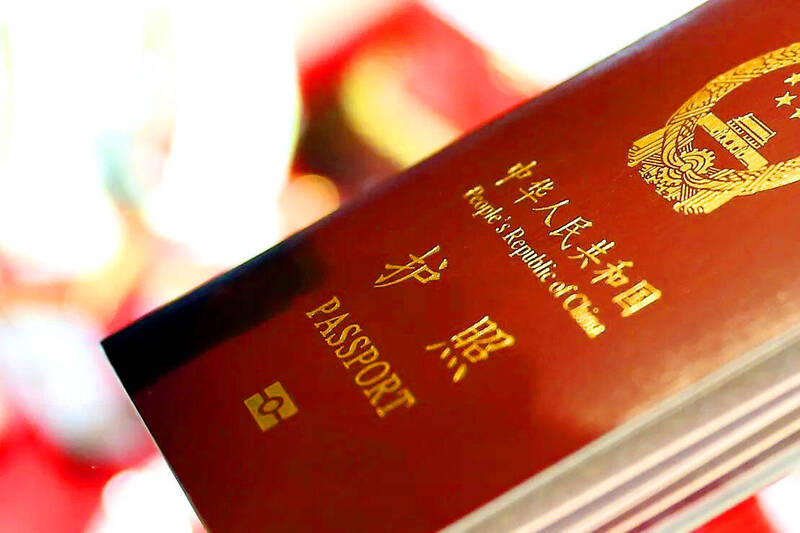Politics
Taiwan Tightens Rules on Citizenship for Public Office Candidates

The Ministry of the Interior (MOI) in Taiwan has announced stricter regulations for candidates seeking public office. The new rules will require candidates to officially declare that they do not possess a household registration or passport from the People’s Republic of China, nor do they hold any other foreign citizenship. This proposal was detailed in a draft amendment to the Enforcement Rules of the Public Officials Election and Recall Act, released on Thursday.
Under this proposed amendment, candidates must make these declarations at the time of submitting their registration forms, which will be included in the official election bulletin. This move is a response to recent incidents involving the removal of several elected officials found to have dual nationality with the People’s Republic of China.
According to the MOI, Article 20 of the Nationality Act stipulates that Taiwanese citizens who also hold foreign nationality are ineligible to serve as elected officials. Those who wish to take office must renounce their foreign nationality prior to assuming their roles and provide proof of this renunciation within one year of taking office.
In addition, Article 9 of the Act Governing Relations Between the People of the Taiwan Area and the Mainland Area specifies that individuals from Taiwan cannot maintain a household registration in Mainland China or possess passports issued by the Chinese government. Failure to comply will result in the loss of Taiwanese status and civil rights. The MOI clarified that having a Chinese household registration entails possessing a national identification card or a residence permit issued by China.
These developments reflect Taiwan’s ongoing efforts to reinforce its sovereignty and governance standards, particularly concerning the influence of China. As the political landscape evolves, the MOI’s measures emphasize the importance of citizenship and national identity in Taiwan’s democratic processes. The anticipated changes highlight the government’s commitment to ensuring that elected officials align with national interests, safeguarding Taiwan’s democratic integrity.
-

 Business5 months ago
Business5 months agoKenvue Dismisses CEO Thibaut Mongon as Strategic Review Advances
-

 Lifestyle4 months ago
Lifestyle4 months agoHumanism Camp Engages 250 Youths in Summer Fest 2025
-

 Sports4 months ago
Sports4 months agoDe Minaur Triumphs at Washington Open After Thrilling Comeback
-

 Sports5 months ago
Sports5 months agoTupou and Daugunu Join First Nations Squad for Lions Clash
-

 Top Stories5 months ago
Top Stories5 months agoColombian Senator Miguel Uribe Shows Signs of Recovery After Attack
-

 World5 months ago
World5 months agoASEAN Gears Up for Historic Joint Meeting of Foreign and Economic Ministers
-

 Health4 months ago
Health4 months agoNew Study Challenges Assumptions About Aging and Inflammation
-

 Business5 months ago
Business5 months agoOil Prices Surge Following New EU Sanctions on Russia
-

 Entertainment4 months ago
Entertainment4 months agoDetaşe-Sabah Violin Ensemble Captivates at Gabala Music Festival
-

 Entertainment4 months ago
Entertainment4 months agoBaku Metro Extends Hours for Justin Timberlake Concert
-

 Top Stories5 months ago
Top Stories5 months agoRethinking Singapore’s F&B Regulations Amid Business Closures
-

 Business5 months ago
Business5 months agoU.S. House Approves Stablecoin Bill, Sends to Trump for Signature









